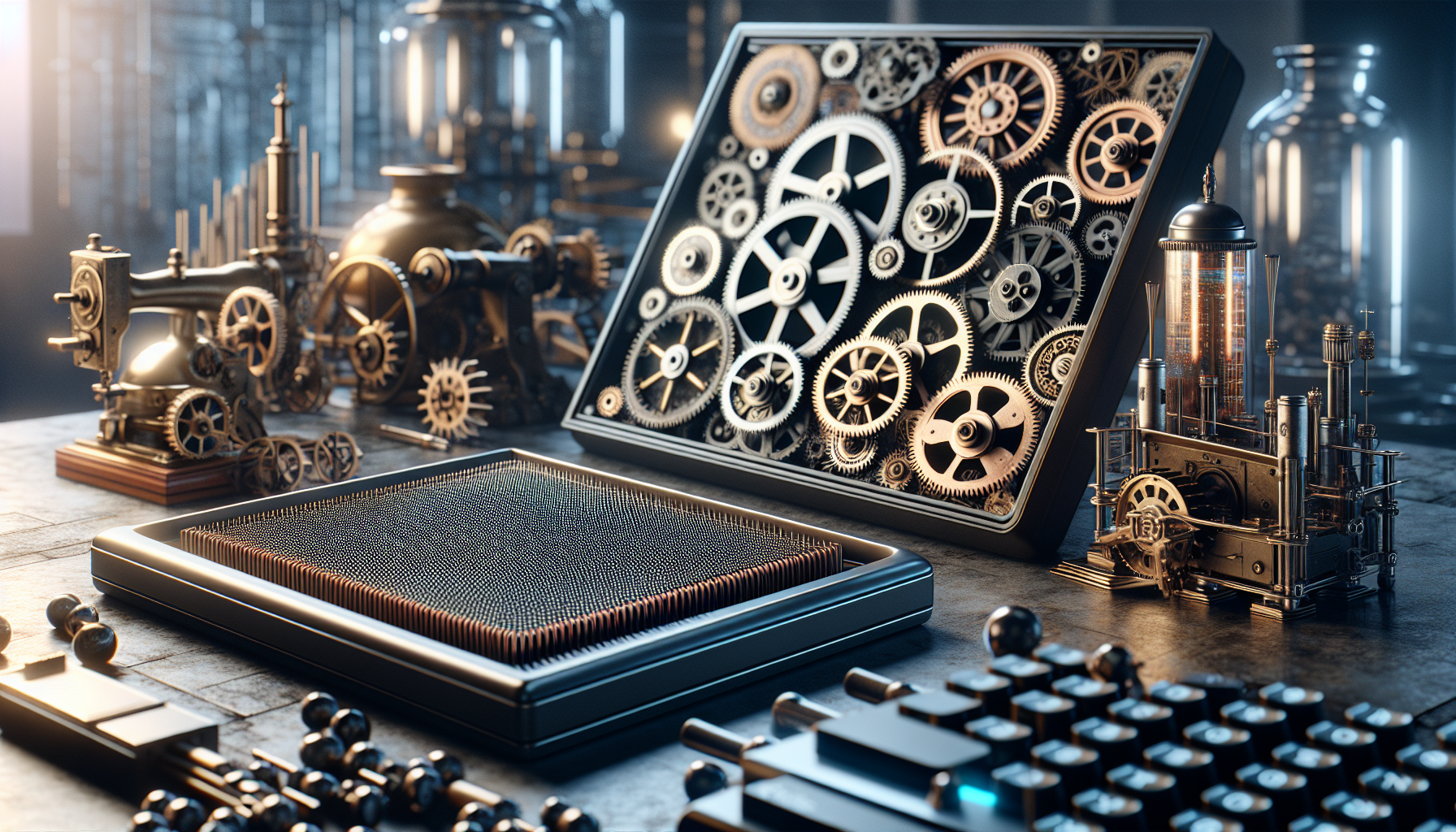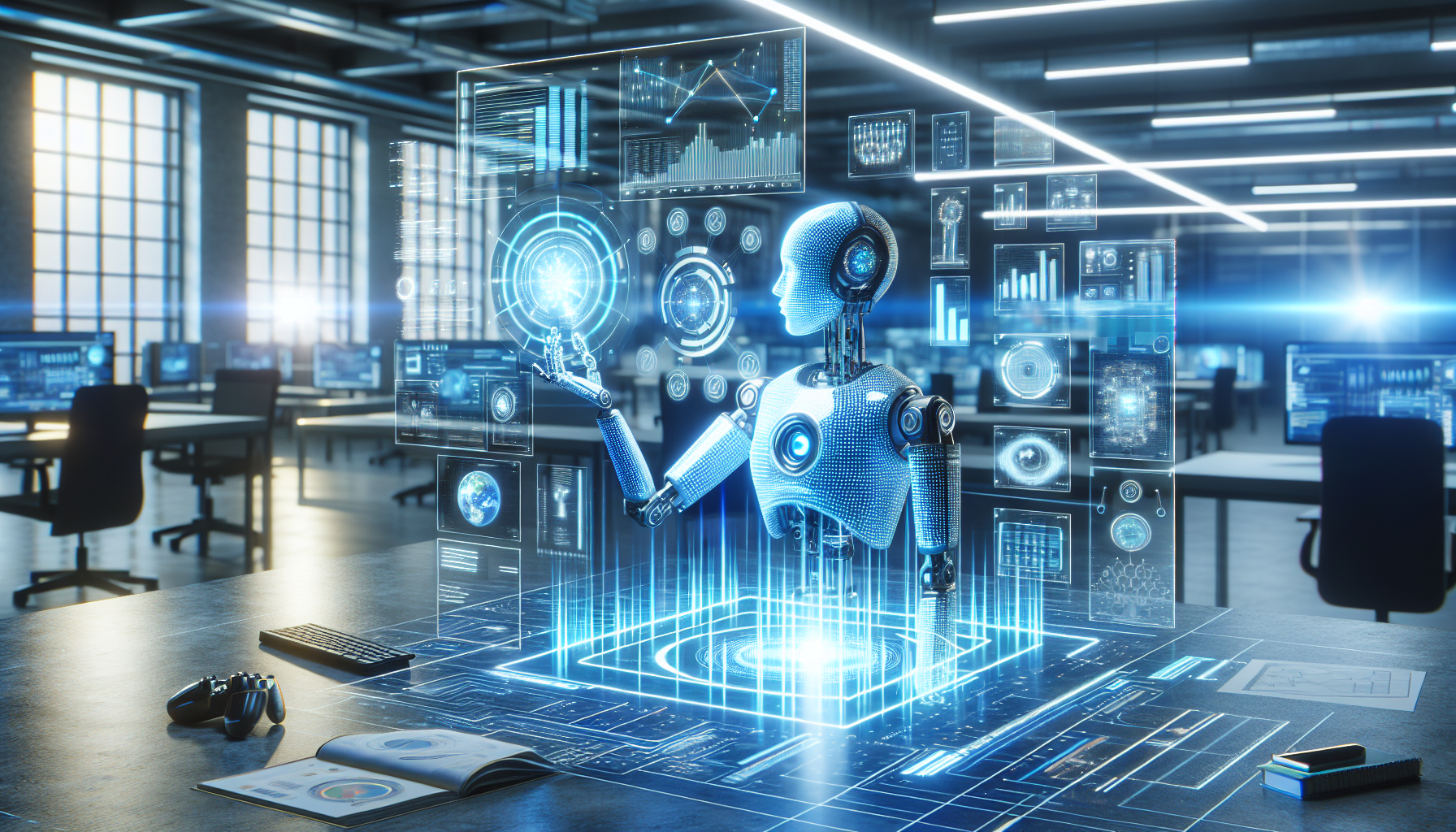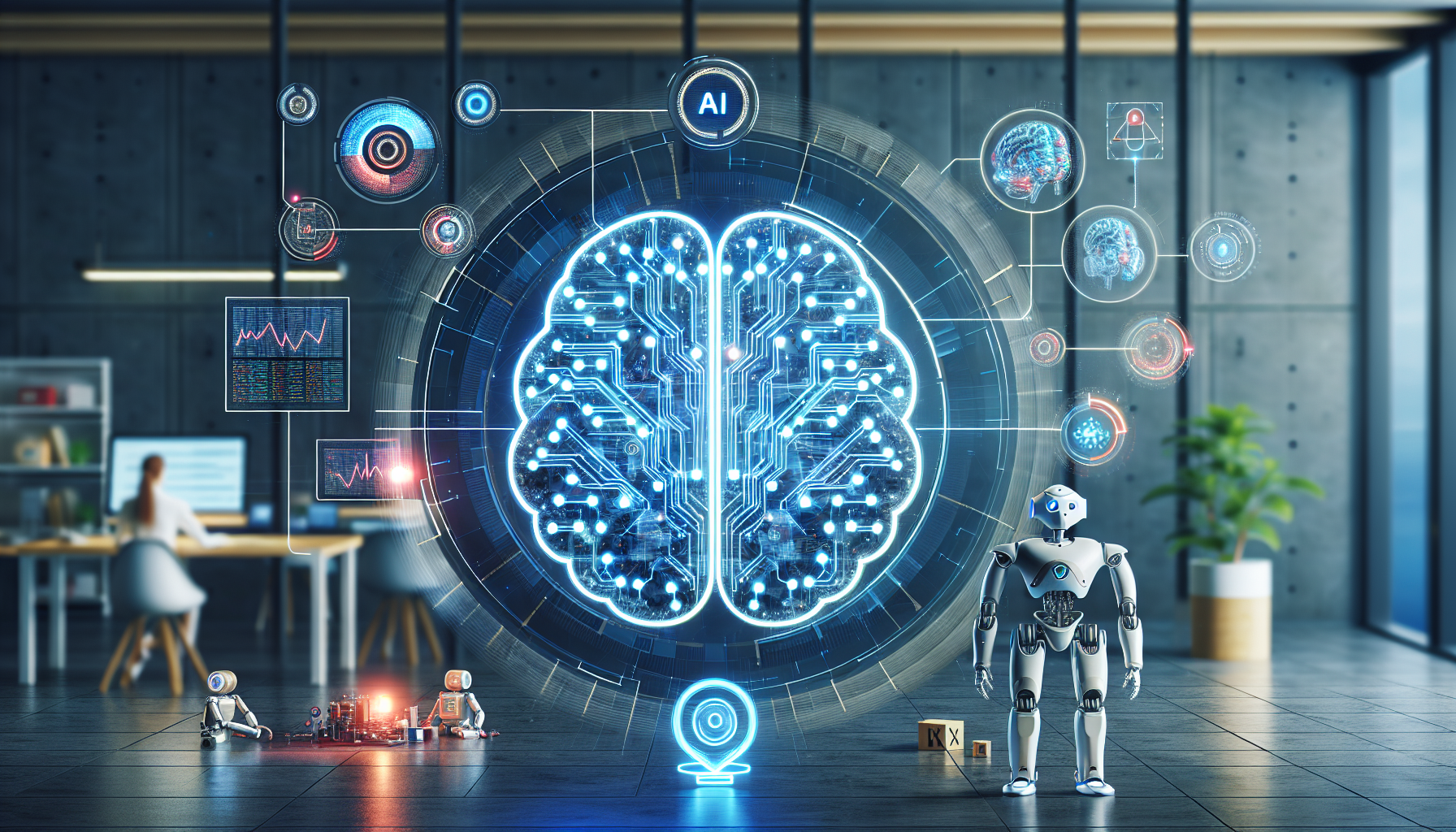
Smart Homes and AI: When Your Toaster Becomes Smarter Than You
November 23, 2025
Once upon a time, the pinnacle of home innovation was the automatic washing machine. Fast forward to today, and we find ourselves negotiating with refrigerators about the merits of almond milk. Yes, folks, welcome to the era of smart homes powered by artificial intelligence—a time when your toaster might just be more intelligent than your pet goldfish.
In the not-so-distant past, the concept of a "smart home" might have conjured images of clunky appliances with more buttons than a 1980s calculator. Yet, it is the evolution of AI that has transformed these once rudimentary gadgets into sophisticated companions. We’re talking about devices that can not only respond to your voice but also anticipate your needs, like a personal assistant who doesn’t require a salary or a coffee break.
The journey from manual to magical started with basic automation. Remember the clapper? Clap on, clap off—those were the days. However, with AI, the dynamics have been flipped entirely. Today’s smart homes are an amalgamation of intelligence and convenience, often leaving us wondering if they’ll soon start charging us rent.
Take, for example, the humble thermostat. In its nascent form, it was a simple dial on the wall. Now, it’s a self-learning entity that can adjust the temperature based on your preferences, the weather outside, and perhaps, the mood of your cat. It's like having a meteorologist and a mind reader wrapped into one, minus the bad jokes about the weather.
And then there's the smart assistant—a device that has become the closest thing to a household oracle. Want to know the recipe for vindaloo or the name of that actor who was in that movie you can’t quite remember? Just ask your AI assistant. But beware, it might also remind you of your dentist appointment and suggest you floss more often.
AI's role in smart homes isn't just about convenience; it's about creating an experience. Imagine a morning routine where your blinds gently open to let in the sunlight, your coffee machine brews your favorite blend, and your virtual assistant plays your morning playlist—all synchronized perfectly. It’s like having a team of invisible butlers who never gossip about you to the neighbors.
However, with great power comes great responsibility—or, in the case of AI, great potential for mischief. Consider the time when a smart fridge tweeted out a teenager's complaint about losing her phone privileges. Or the infamous case where a parrot ordered snacks via a smart speaker. These incidents remind us that while technology might be smart, it’s not always wise.
The history of AI in smart homes is a tale of human ingenuity and a touch of whimsy. We’ve come a long way from the days of dreams about robot butlers. Instead, we've created a world where our homes can think and act on our behalf, making life not only easier but also occasionally amusing.
But what does the future hold for smart homes? Will our appliances start forming unions or demanding weekends off? Perhaps one day, we’ll see AI-powered homes that offer relationship advice or give you a nudge when you’ve been binge-watching too many episodes of your favorite show. The possibilities are as infinite as the universe—or at least as vast as our imaginations allow.
As we stand on the precipice of further advancements, it’s worth pondering the implications. Are we ready for homes that might know us better than we know ourselves? Will our future companions be our smart devices, engaging us in philosophical debates about the ethics of pineapple on pizza?
In this brave new world of AI and smart homes, the real question we might need to ask ourselves is: Are we truly prepared for a life where we might be outwitted by our own toaster?


